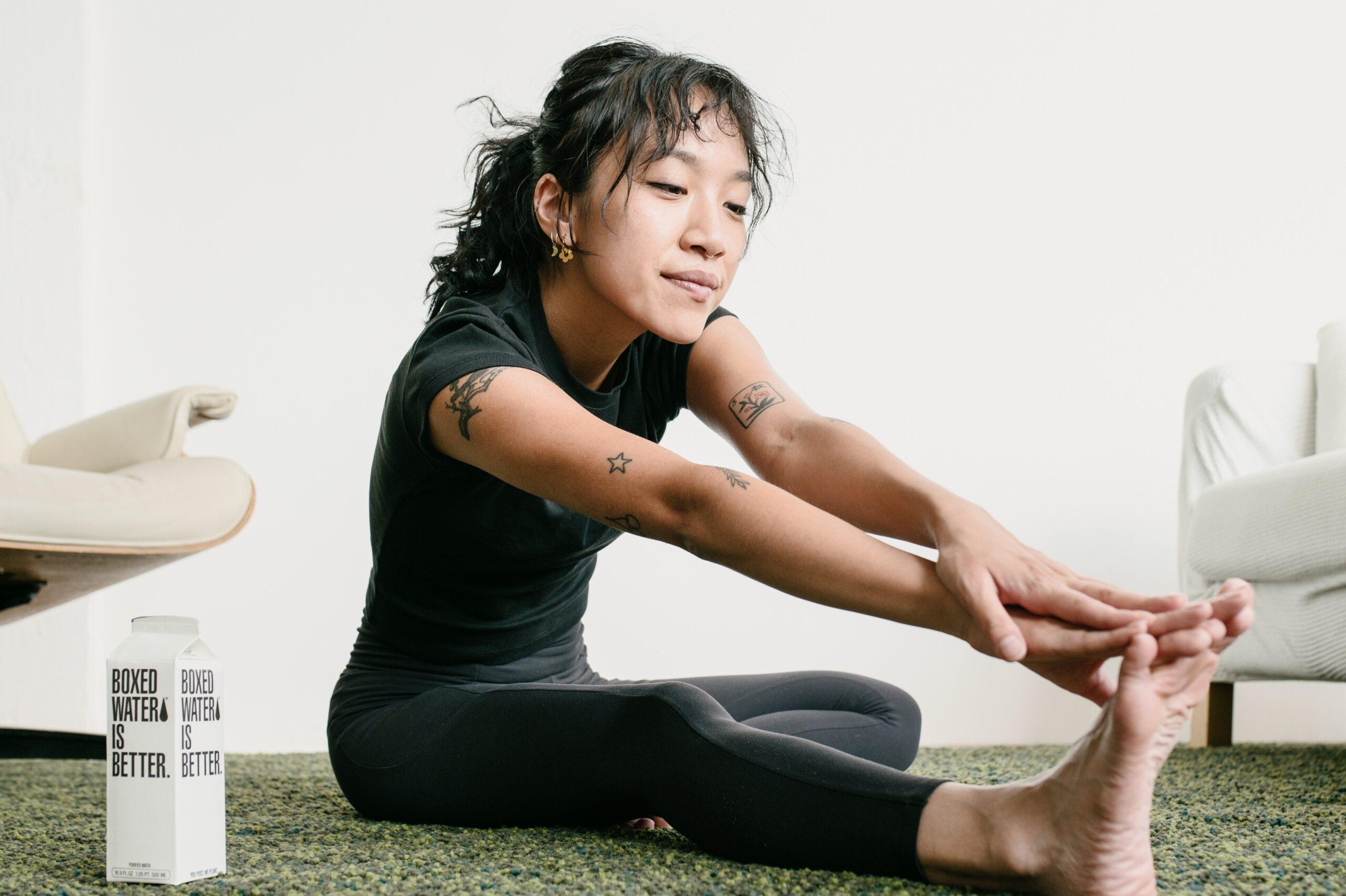It’s the New Year. Chances are you will be confronted with endless articles and news reports about making resolutions. You may even be thinking about your own resolutions for the coming year and that it is time for a “new you.” According to a January 2013 article at Forbes.com, self-improvement, or at least the desire for it, is a shared American hobby. It’s why so many of us - some estimates say more than 40 percent of Americans - make New Year’s resolutions. Unfortunately, only a tiny fraction of us keep our resolutions.
In fact, only 8 percent of people achieve their New Year’s goals, says a Scranton University study. There are many reasons experts say we don’t achieve our resolutions, one being that the goals set are too overwhelming. “Essentially, shooting for the moon can be so psychologically daunting, you end up failing to launch in the first place,” says Forbes contributor Dan Diamond. So, what can you do to avoid feeling disappointed by the middle of January?
A few years ago I was in a rut. A good friend and I were feeling “stuck” and vowed to try something new or different every week for a year and blog about it at the52weeks.com. It was hard, but we forged ahead. We took dance lessons, went rock climbing, test drove sports cars, learned how to box, explored Kabbalah, and even ate blueberries every day for a week all in an effort to break out of our comfort zones and shake things up.
It wasn’t about writing down a list of resolutions; it was more about doing new things and growing. We’re not experts but we were onto something and perhaps felt successful because we did not allow the pressure associated with New Year’s resolutions and setting unattainable goals to overwhelm us. As many experts agree, we did two things that increase your chances of success: we wrote down the things we wanted to try and we were accountable to one another.
So despite the disturbingly low percentage of people that actually have resolution success, setting goals for self-improvement is, in fact, a good thing and The 52 Weeks approach is an alternative that just may work better. Make a list that includes a wide variety of things you want to try or tackle. Don’t even think of them as resolutions. Your “52” to-do list can include small and large things you want to experience or change.
Then, slowly cross each of them off. “Remember, it is not the extent of the change that matters, but rather the act of recognizing that lifestyle
change is important and working toward it, one step at a time,” says psychologist Lynn Bufka. As someone who embarked on this project a few years ago, I can tell you that by not calling them “resolutions” and allowing yourself to take baby steps and even fail at times, you are more likely to want to go to your list throughout the year and check them off.
So get started on making changes toward a new you for the coming year; just don’t call them resolutions!
Tips for your January jump-start:
Learn something new.
Just the simple act of doing something new or different brightens your mood, changes your perspective and takes you beyond your comfort zone!
Face a fear, one step at a time.
It’s often hard to go cold turkey to quit a life-long habit. Or maybe you keep avoiding something. Even trying new things can be scary. Vow to take one baby step any step toward tackling a fear. If you cross off steps along the way, you may just reach your end goal.
If you’re bored, you’re boring.
Try a new restaurant, get out of your zip code, walk through a museum. Just keep busy. One thing leads to another. Your dance class could lead to a new business contact, or you may meet your new best friend on a museum tour.
Move.
Exercise to reduce stress and you just may change your body along the way. Try a new class or something you never did before. Boxing, Pilates, yoga, tennis, running were all part of The 52 Weeks experiment. We didn’t like everything we tried, but simply trying something new made us feel better.
Smile more.
The physical act can trick your brain’s neurotransmitters into thinking you’re happy! It works! Really.
Give back.
The 52 Weeks consulted with a lot of great experts. One study shared confirms what we already instinctively knew: There is a significant connection between good health and volunteering. Find a cause about which you’re passionate, and give back even for an hour, a week, or a month.
In the end, it’s just about starting somewhere and getting going. Create a “52” list and forget about resolutions! Happy New Year!



